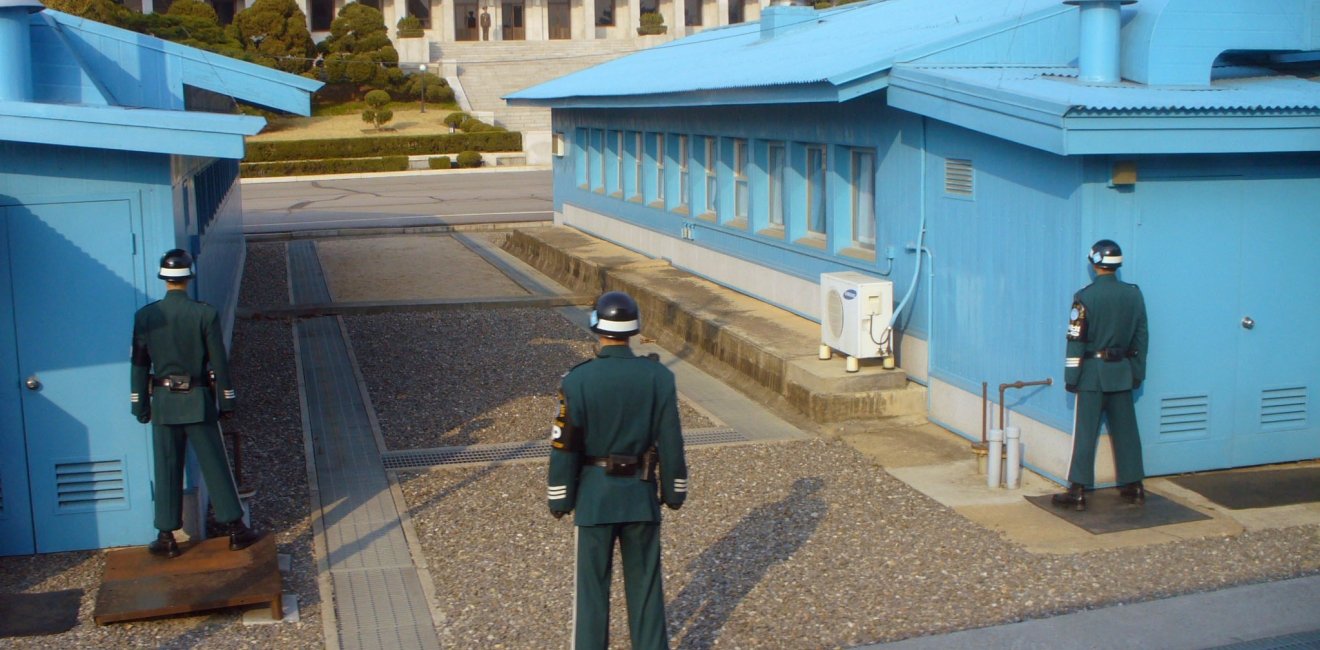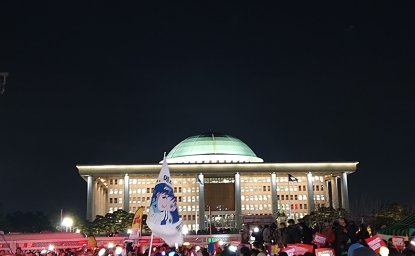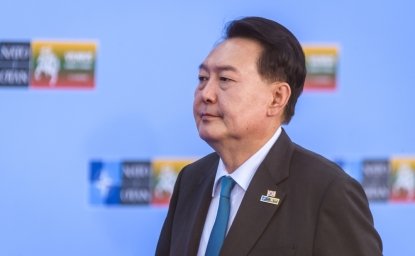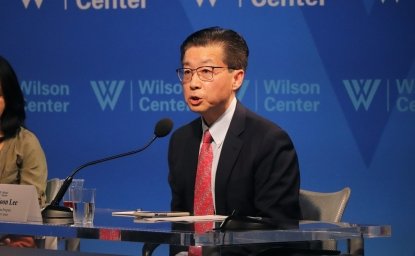On July 26th, the Wilson Center’s Hyundai Motor-Korea Foundation Center for Korean History and Public Policy hosted Dr. Choi Jinwook, President of the Korea Institute for National Unification (KINU) for a closed-door roundtable discussion on the current state and near-term prospects for inter-Korean relations.
North Korea’s fourth nuclear test in January 2016 was a turning point for South Korean President Park Geun-hye’s policy toward North Korea, Dr. Choi argued, leading to a rethinking of the principle of engagement that South Korea had adhered to since the end of the Cold War. Dr. Choi noted that there is growing skepticism in Seoul about Pyongyang’s viability as a partner for dialogue, cooperation, and reconciliation.
Dr. Choi also noted that analysts in Seoul are re-considering, with considerable cynicism, past efforts to halt North Korea’s nuclear and long-range missile programs, with many prominent Korean thinkers now questioning if Pyongyang’s nuclear ambitions can ever be stopped through dialogue alone.
New Approach
Dr. Choi described a growing feeling of despair among North Korea analysts as a result of North Korean leader Kim Jong-un’s reign of terror and the continued development of the regime’s nuclear and ballistic missile programs. If the international community is determined to halt North Korea’s weapons programs, Dr. Choi asserted, a new and tougher approach to North Korea is required. This new approach should increase pressure on the regime on numerous fronts, including through an even harsher sanctions that will squeeze North Korea's financial resources. This includes increased efforts to restrict access to hard currency. Dr. Choi noted two steps taken by the international community and the government of Park Geun-hye in that direction; the unanimous adoption of United Nations Security Council Resolution 2270, an unprecedentedly stringent resolution that imposes legally binding sanctions on North Korea, and the Park administration’s decision to close the Gaeseong Industrial Park.
Dr. Choi argued that North Korea's overseas workers should also be targeted. Their remittances provide a steady stream of currency to the regime that needs to be cut off. Dr. Choi also called for sanctions to be extended to those countries that maintain close ties with Pyongyang, including Cuba, Uganda, and Iran.
In addition to ramped up efforts to punish the regime through sanctions, Dr. Choi also argued that Seoul should increase pressure on the Kim Jong-un regime for its human rights abuses.
Outlook for Inter-Korean Relations
Dr. Choi outlined four potential scenarios for inter-Korean relations. First, he suggested that in the absence of a grand bargain, North Korea’s leaders will continue in their pursuit of nuclear weapons and long-range missiles.
The second scenario is contingent on the level of confidence North Korea’s leaders have in political stability and the effectiveness of the sanctions. If North Korean leaders are confident in their ability to govern unchallenged, then there is an increased likelihood that they will continue to engage in provocative actions. This means they will likely conduct a fifth nuclear test in the near future, and will continue to test long-range missiles.
By contrast, if North Korea’s leaders feel less confident about political stability and if sanctions against the regime begin to take a toll, then we will likely see a decrease in the level of provocative actions the regime takes. Simultaneously, the regime will likely launch a public relations campaign to increase its international reputation and to develop linkages with other nations. This will be done primarily to counter sanctions. North Korea might also float the idea of talks with Seoul and Washington, though dialogue will be dragged out until after presidential elections in the United States and Seoul.
Finally, Dr. Choi argued that we cannot completely rule out the collapse of the regime. The regime may ultimately succumb to internal conditions caused by the side effects of marketization from below. The international community can aid in escalating this process through the continued application of unilateral and multilateral sanctions against the regime.
In the end, as long as North Korea pursues nuclear weapons, South Korea must continue to strengthen its deterrence.
Dr. Choi admitted that the Park Geun-hye administration’s response to the fourth nuclear test seemed surprising and even shocking to some observers. Many in the international community were particularly surprised by the closure of the Gaesong Industrial Complex, one of the last channels of communication with the DPRK. These measures should not have come as a surprise, however. When evidence emerged suggesting that North Korea was preparing for a fourth nuclear test in 2015, Foreign Minister Yun Byung-se cautioned that Pyongyang would pay an “unimaginable cost” if it went forward with the test.
Dr. Choi clarified that a sanctions-centered approach to dealing with the North Korean threat does not necessarily mean the end of the principle of engagement which has continued since the end of the Cold War. In other words, Dr. Choi suggested, South Korea really has to go back to an engagement policy towards North Korea if Pyongyang changes its behavior.






